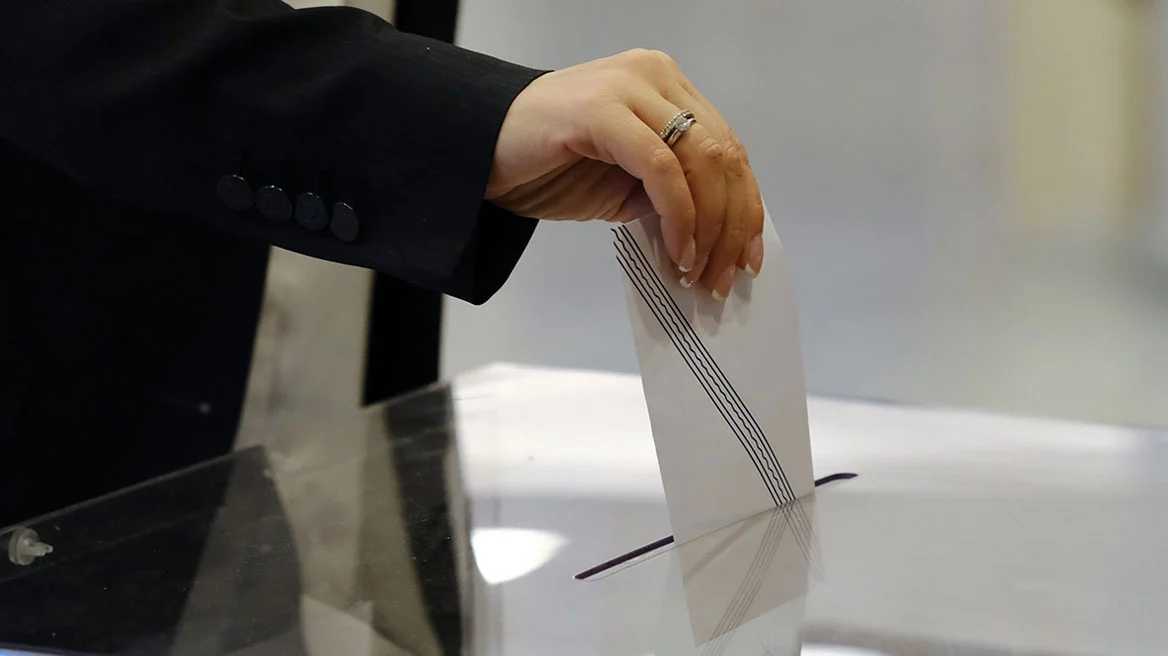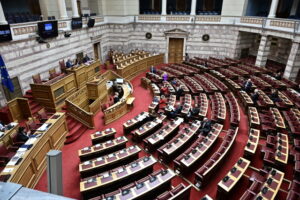Education in Greece is free, but public schools in the country are suffering from spending cuts imposed as a result of the bailout agreements. This has meant that senior high school students have for decades been required to pay for expensive private tuition to pass the difficult Panhellenic Exams, the passport for university admission.
Rising unemployment and falling salaries have meant that poor and middle-class families are unable to pay for extra tuition that averages 20 euros per hour for private lessons and at the very least 450 euros per month for a set of lessons at a private institute. Poor and middle-class families cannot afford extra tuition and as a result their children are doomed to failure. In classrooms, students are challenged by teacher shortages and the demanding curriculum that doesn’t give teachers the required time to cover the material the students will sit the exams for.
It came as little surprise that the World Economic Forum report this month ranked Greece last of the 30 advanced economies for education due to the close relationship between student performance and parents’ income.
The most obvious solution would be to cut the required syllabus in half, but this would mean that private tuition would drop resulting in unemployed teachers and the closure of frontistiria (tuition institutions).
There are currently 37,000 tutors registered with private companies and many of these are state school teachers who top up their low salaries in this way. In this way, “perverse incentives” are created as teachers in schools assume that the students will be tutored in private anyway creating a lower quality of teaching.
Ask me anything
Explore related questions





